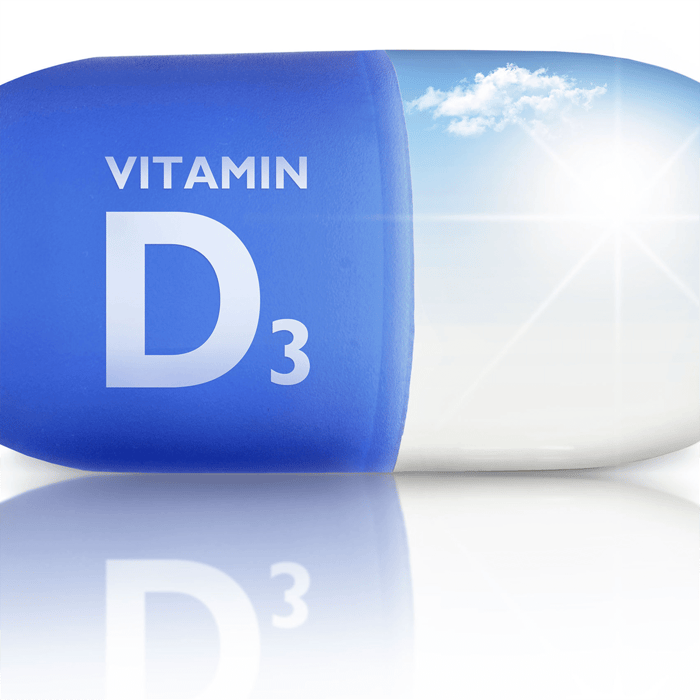What Is a GMP Certified Supplement?
Lifestyle
November 1st, 2021

What is the difference between dietary supplements and pharmaceutical drugs? Both come as pills, capsules, liquids, and more. Both are taken for health purposes. Because both go into our bodies, one would think they would be regulated the same, but this is not so. One significant way they differ is in their regulation by the Federal Drug Administration (FDA).
According to the FDA, dietary supplements include products like "vitamins, minerals, amino acids, and herbs or botanicals, as well as other substances that can be used to supplement the diet."1 They can be taken for a number of reasons specific to the dietary ingredient included in the product, but the most common objective is to replace any gaps in nutrition in the diet or to optimize wellness. All dietary supplements should be discussed with your doctor due to the risk of drug-nutrient interactions and potential adverse effects.
A healthy dose of caution is warranted with supplements, but that’s not to say there is no oversight for their safety. For a new product to enter the market, it doesn’t need to meet the FDA requirements. Once it is introduced, though, it can be monitored. Per the FDA, "Once a dietary supplement is on the market, the FDA has certain safety monitoring responsibilities. These include monitoring mandatory reporting of serious adverse events by dietary supplement firms and voluntary adverse event reporting by consumers and health care professionals. As its resources permit, the FDA also reviews product labels and other product information, such as package inserts, accompanying literature, and Internet promotion."1
The FDA does ensure quality of drug manufacturing, and it does so through the Current Good Manufacturing Practices (CGMP) standards. The FDA writes, "Adherence to the CGMP regulations assures the identity, strength, quality, and purity of drug products by requiring that manufacturers of medications adequately control manufacturing operations. This includes establishing strong quality management systems, obtaining appropriate quality raw materials, establishing robust operating procedures, detecting and investigating product quality deviations, and maintaining reliable testing laboratories."2
The FDA inspects GMP certified facilities to ensure they are following the protocols and testing needed to assure the highest quality standards. Despite the use of these standards not being required by law, Celebrate Vitamins uses only GMP certified facilities to produce the highest quality products to bring to market for the safety and peace of mind for our customers.
References:
- (2015, July 15). FDA 101: Dietary Supplements. Retrieved November 06, 2020, from https://www.fda.gov/consumers/consumer-updates/fda-101-dietary-supplements
- Center for Drug Evaluation and Research. (2018, June 25). Facts About the Current Good Manufacturing Practices (CGMPs). Retrieved November 06, 2020, from https://www.fda.gov/drugs/pharmaceutical-quality-resources/facts-about-current-good-manufacturing-practices-cgmps



